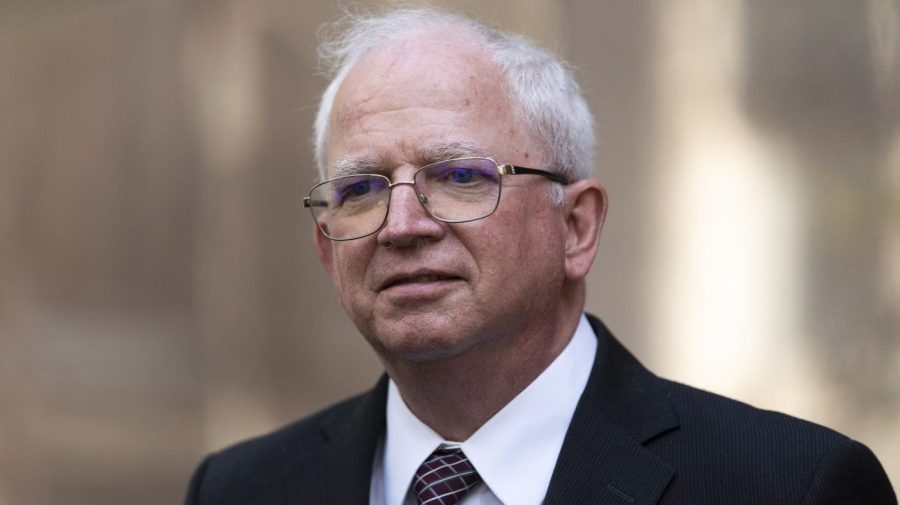Eastman says Supreme Court decision makes argument ‘murkier’ in 2024
John Eastman, the lawyer who pushed a legal theory in his bid to overturn the 2020 election, said the Supreme Court’s decision in a major elections case will muddy the waters for any legal challenges that emerge from the 2024 election.
In a 6-3 decision, the Supreme Court rejected a bid to give state legislatures broad authority to draw congressional maps and regulate federal elections, effectively declining to endorse the “independent state legislature” theory pushed by Eastman.
Advocates of the legal theory argue that the Elections and Electors Clauses of the U.S. Constitution give state lawmakers the authority to regulate federal elections without any checks and balances from state courts, governors, or other bodies with legislative power, including constitutional conventions or independent commissions, according to the Brennan Center For Justice.
Eastman said the Supreme Court’s decision will allow courts to weigh in as part of “their normal exercise of judicial review.”
More Courts coverage from The Hill
- Appeals court releases Ivanka Trump from New York AG’s suit against Trump family, company
- Audio recording marks latest blow to Trump in documents case
- University files $1M lawsuit after janitor turns off research freezer over ‘annoying’ alarm
- What is the ‘independent state legislature’ theory?
“Chief Justice Roberts says, ‘As long as it doesn’t transgress the ordinary bounds of judicial review, such that the court irrigate to themselves the power vested in the state legislators.’
“So what does that mean?” Eastman continued. “Particularly if a state court is interpreting a fairly vague hortatory clause, like we shall have free and fair elections. Can the court just say ‘well that just means we are going to allow for absentee voting if a legislature hasn’t authorized it, because we don’t think it will be free and fair otherwise’?”
Eastman said Justice Clarence Thomas’s dissent highlights the problems that this decision is now going to cause.
“This is a litigation bonanza without a clear answer,” Eastman said.
In terms of how the Court’s decision will impact the 2024 election, Eastman said there is going to be lots of litigation.
“We’ve now engaged in what I think is commonly called law fair for these elections,” he said. “There will be lots of lawsuits brought ahead of time to alter election laws, or weaken election laws that the state legislatures put in place to protect against risk of fraud.”

Attorney John Eastman, the architect of a legal strategy aimed at keeping former President Donald Trump in power, talks to reporters after a hearing in Los Angeles, Tuesday, June 20, 2023. (AP Photo/Jae C. Hong)
In addition, Eastman said there will be changes made “that appear to have partisan advantages,” saying that is a “huge danger.”
“It is particularly the case when people are lining themselves into different modes of voting,” Eastman said. “If everybody equally distributes themselves between in-person and absentee voting for example, changing the rules doesn’t have an effect on the outcome.
“But if two-thirds of Democrats are voting absentee and two-thirds of Republicans are voting in person, if you loosen the rules on one rather than the other you benefit one of the parties.”
Eastman embraced the theory as part of his argument that former Vice President Mike Pence could have used his power to refuse to certify the 2020 presidential election.
Copyright 2023 Nexstar Media Inc. All rights reserved. This material may not be published, broadcast, rewritten, or redistributed. Regular the hill posts







